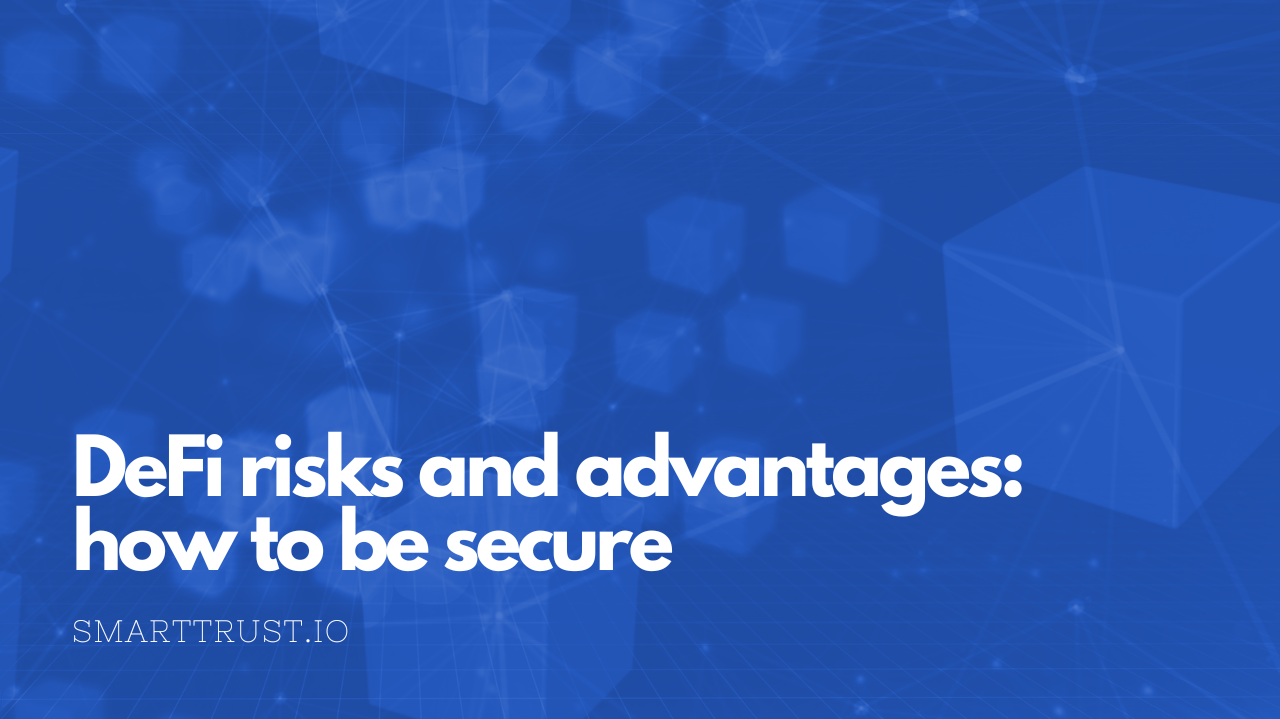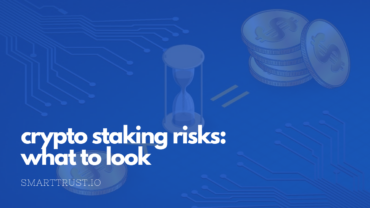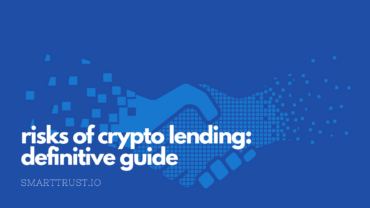Decentralized finance (DeFi) is a relatively new concept that has been gaining traction in recent years. It allows users to access financial services without relying on traditional third parties, such as banks or other financial institutions. While DeFi can offer a number of advantages, there are also some risks associated with this type of finance. In this blog post, we’ll take a look at the potential risks and rewards of decentralized finance.
The Risks of DeFi (Decentralized Finance)
It is predicted that decentralized finance, or DeFi, will revolutionize the way we manage money in the future. Even though it provides a number of advantages, including ease of access to financial services and cost savings, there are also potential disadvantages.
DeFi is characterized by a lack of regulation, which is one of its main disadvantages. Since it occurs outside of traditional banking institutions, many investors lack protection and assurance about their funds. For example, if a user stores digital assets in a smart contract, they have no legal recourse if it malfunctions and the assets get lost or stolen.
As blockchain technology is still new, users should exercise caution when dealing with DeFi, as mistakes can be costly.
Security Risks
Since DeFi applications are built on blockchain technology, they can be vulnerable to security breaches. This means that hackers may be able to access user funds or personal information if there is a flaw in the code. To mitigate this risk, users should always use reputable wallets and exchanges that have strong security protocols in place. Additionally, they should keep their private keys safe and secure at all times.
Regulatory Risks
Decentralized finance is still relatively new, and it is constantly evolving. As such, many jurisdictions have yet to create laws or regulations governing DeFi activities. This could lead to an uncertain legal landscape for both users and developers alike. Furthermore, since DeFi transactions occur outside of traditional banking systems, some governments may view these activities as illegal or suspicious activity.
Liquidity Risks
When using decentralized platforms, users must be aware of liquidity risks due to the lack of liquidity providers in the market. This means that it can be difficult for users to exit positions quickly if the price moves against them or if they need immediate access to funds for any reason. To help reduce liquidity risk, users should understand how trading works on each platform before investing any money into it.
How do you become safe in DeFi?
Despite how exciting and innovative decentralized finance (DeFi) is, risks are still associated with its use. When using DeFi, it is important to know key features such as collateral, liquidity, and smart contract operations.
Before investing in any product, individuals should also conduct their research. The only way to prevent potential hacking is by keeping the private keys secure and never sharing them with anyone else. Individuals can enjoy DeFi’s many benefits with confidence once these security considerations are in place.
ChainAware.ai – Predictive AI Fraud Detection Tool for DeFi
ChainAware.ai uses AI algorithms to detect fraudulent activities in wallet addresses. The innovative approach enables users to determine if wallet addresses they interact with are fraudulent.
It’s free to use; check out ChainAware.ai.
The Advantages of Decentralized Finance (DeFi)
Finance is undergoing a seismic shift due to decentralized finance, otherwise known as DeFi. The DeFi platform gives users more control over their money without relying on traditional intermediaries, which may have agendas and objectives that work against their interests. Using DeFi, anyone can access global financial markets without needing a bank account or paying high brokerage fees.
Developers worldwide have developed many innovative solutions, such as tokenized real-world assets and trading bots, allowing individuals to take advantage of market fluctuations and participate in activities such as yield farming.
Participants are responsible for their financial security, providing privacy benefits and a sense of sovereignty over their money without relying on a centralized entity.
As a final benefit, DeFi fuels experimentation with new technologies like blockchain-based bonds and digital labor, which provides immense opportunities for businesses around the world to grow much faster than expected.
Conclusion
While decentralized finance offers many benefits over traditional financial services, there are also some risks involved that must be taken into consideration before investing in any DeFi product or service. By understanding these risks, users will be better equipped to make informed decisions about their investments and protect their funds from potential losses due to unforeseen circumstances or malicious actors attempting to access user data or funds stored on the blockchain network.
With proper research and cautionary measures like two-factor authentication enabled on wallets and exchanges, users can minimize their exposure to these risks while taking advantage of all the benefits DeFi offers them as part of their overall financial strategy.


